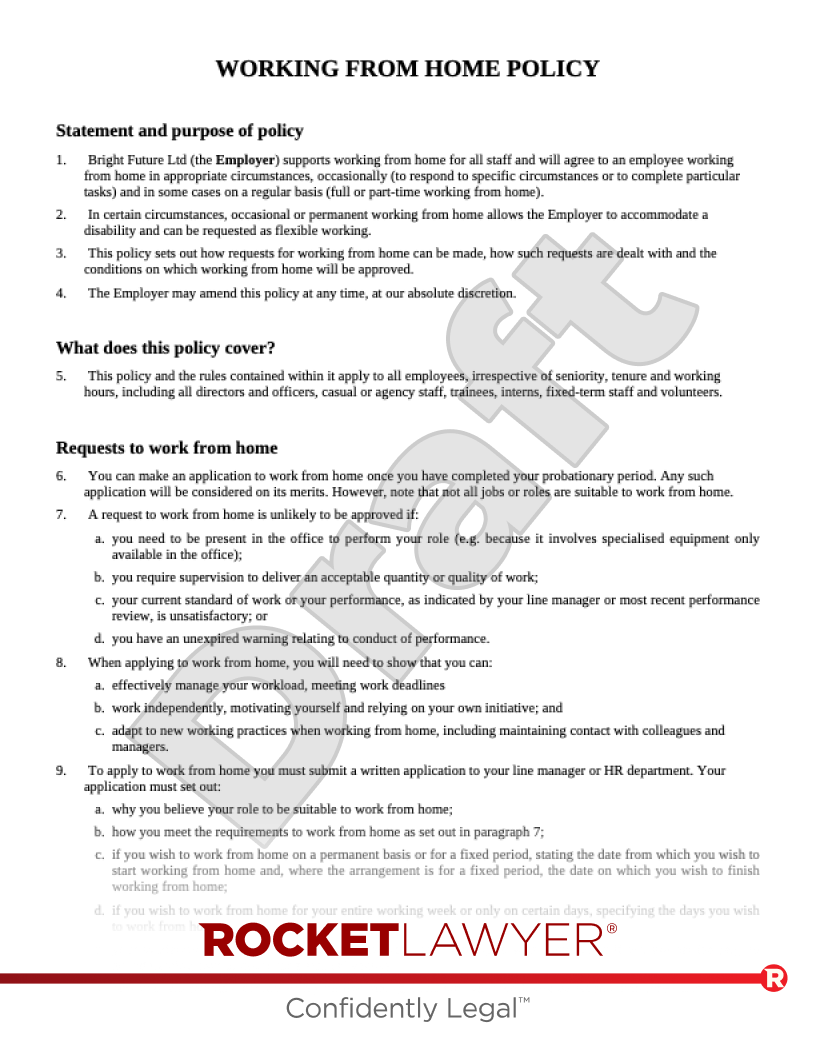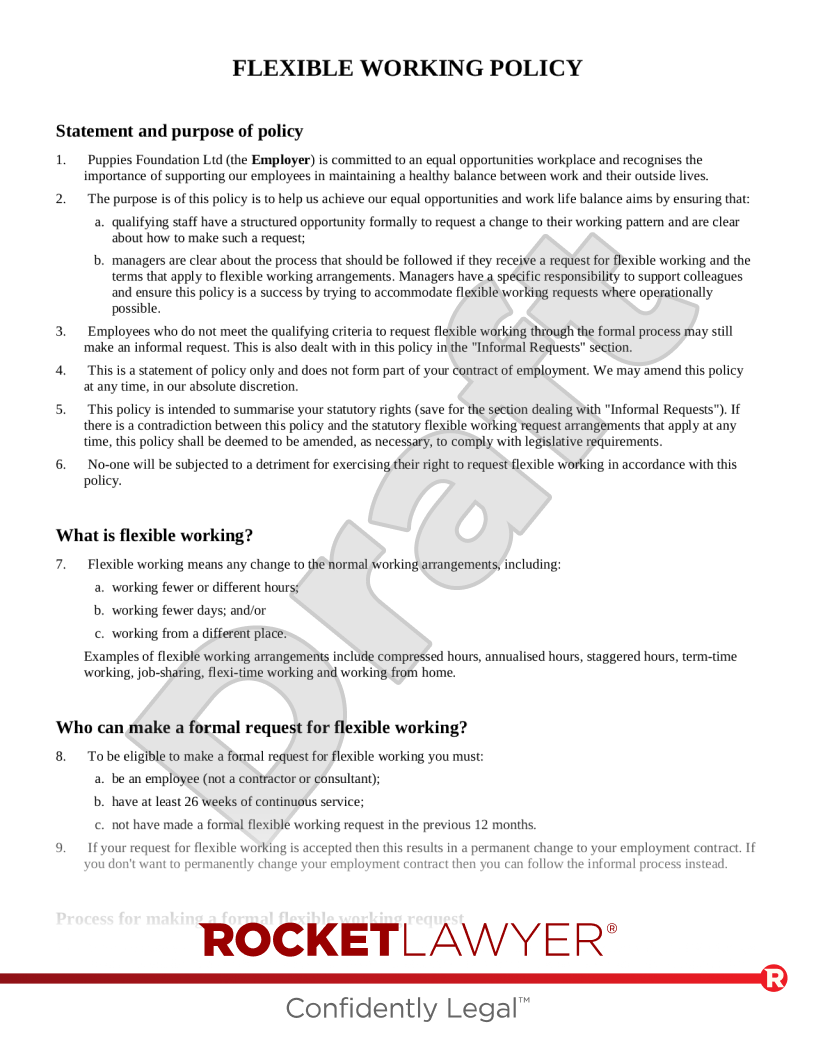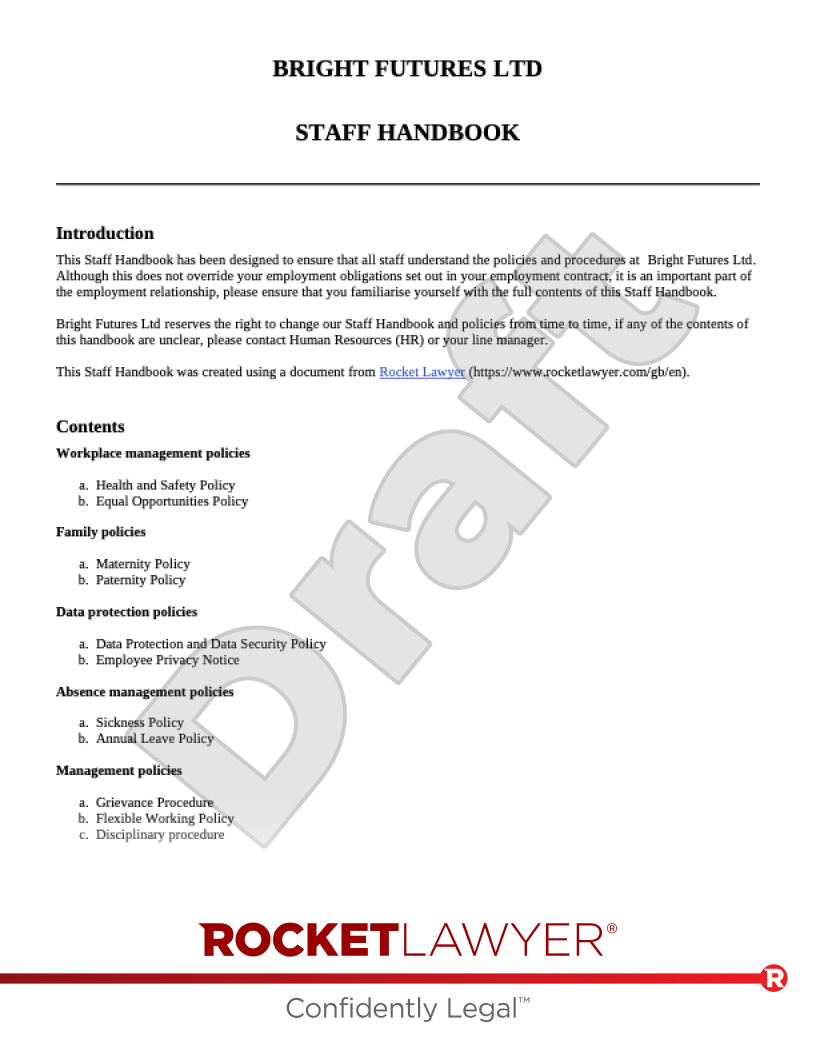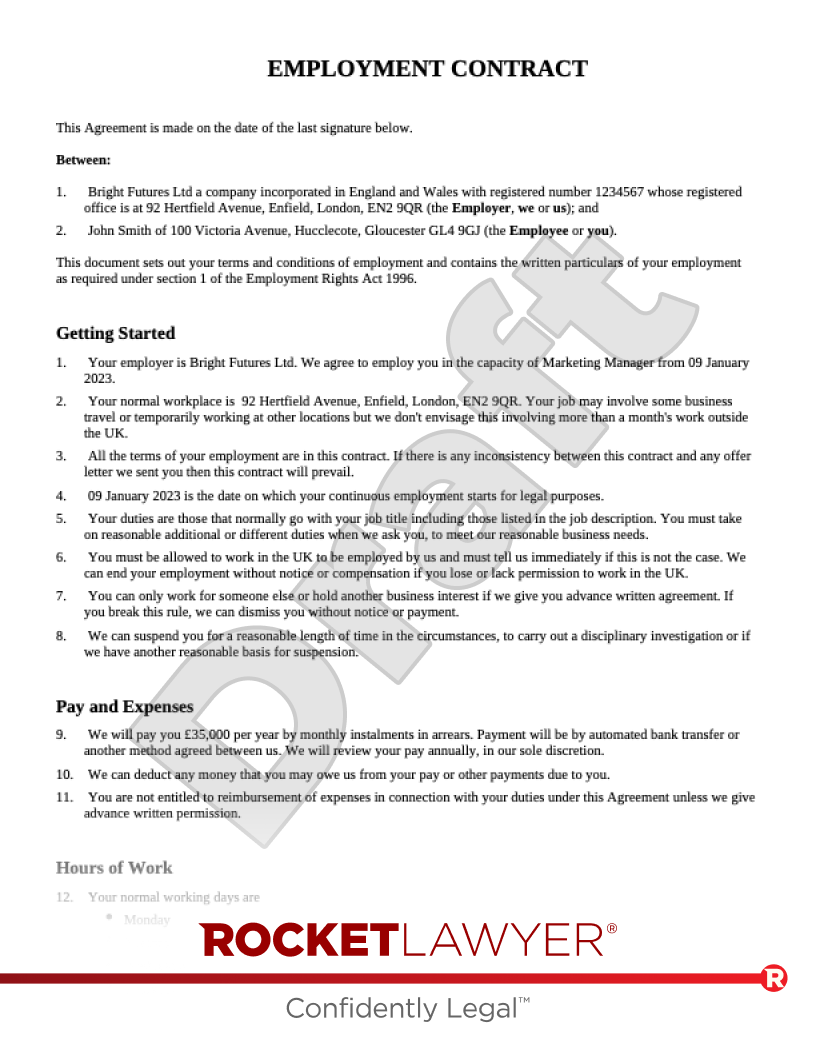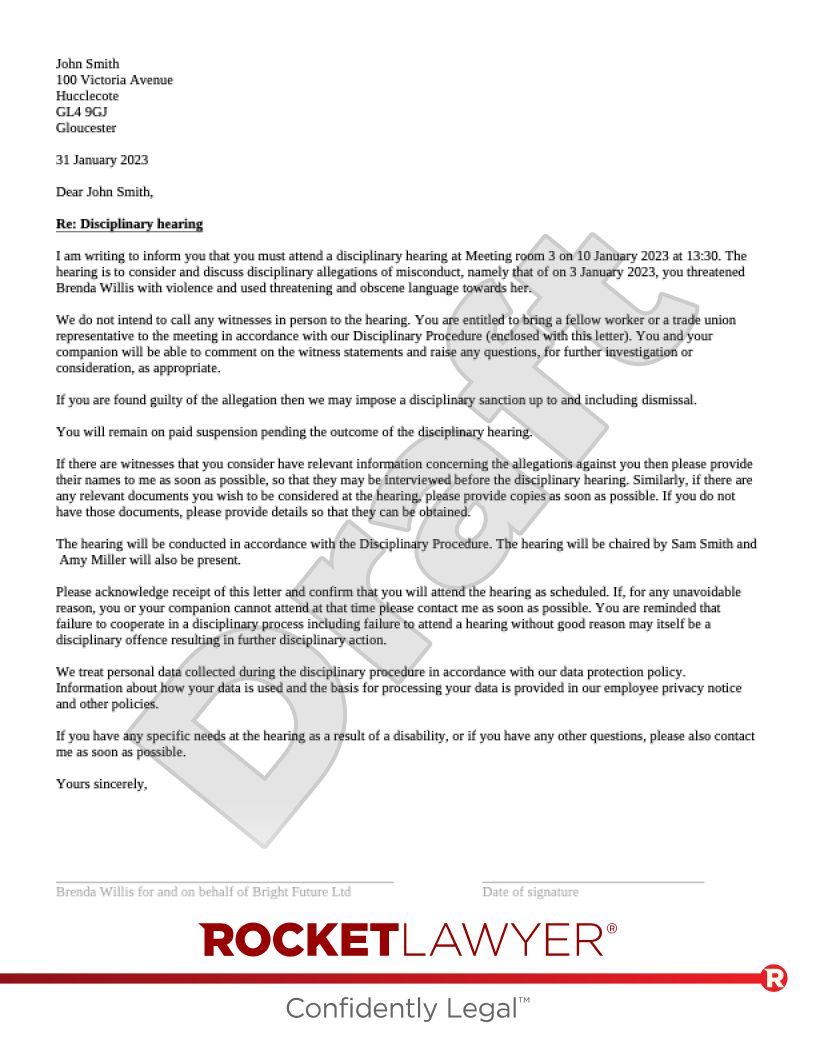Make Your Document In 3 Easy Steps:
Build your document
Answer a few questions to customise your document in minutes


Save now, finish later
Start now and save your progress, finish on any device

Download, print & share
Store securely, share online and make copies

